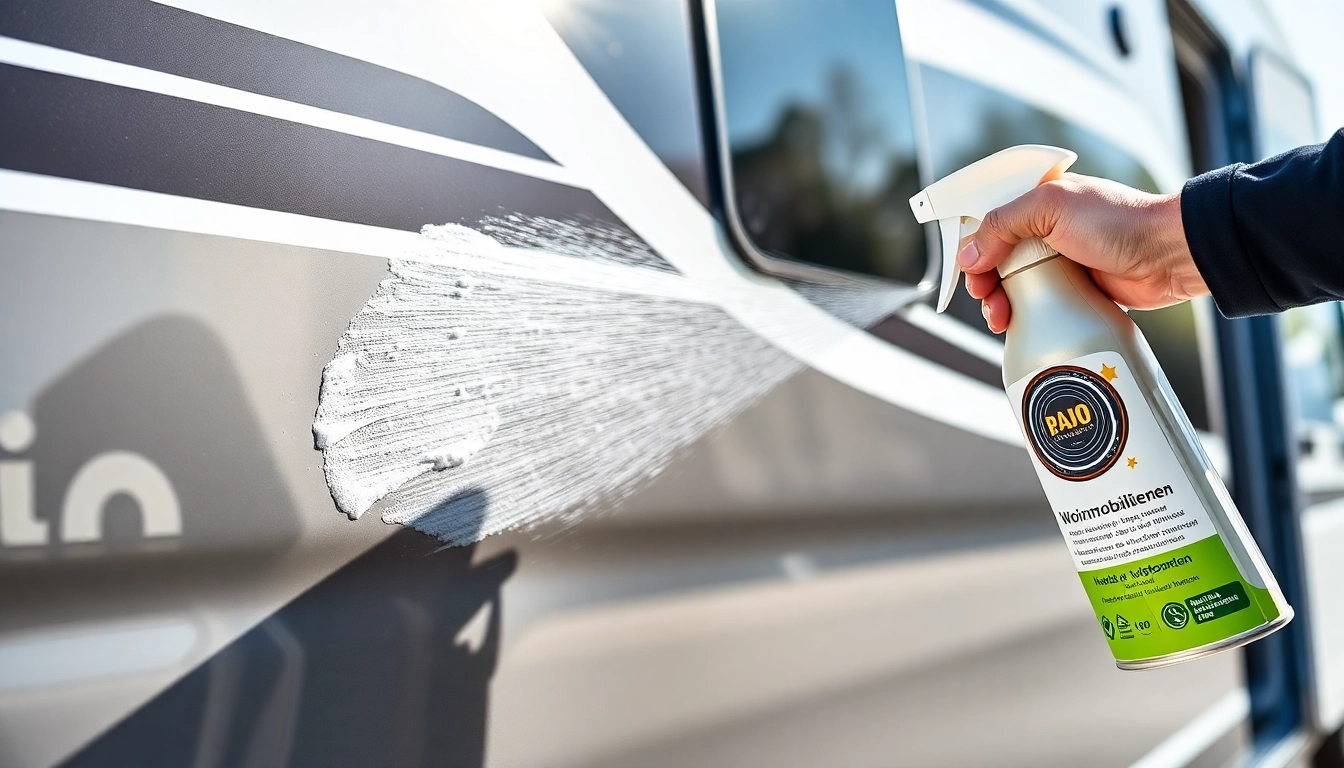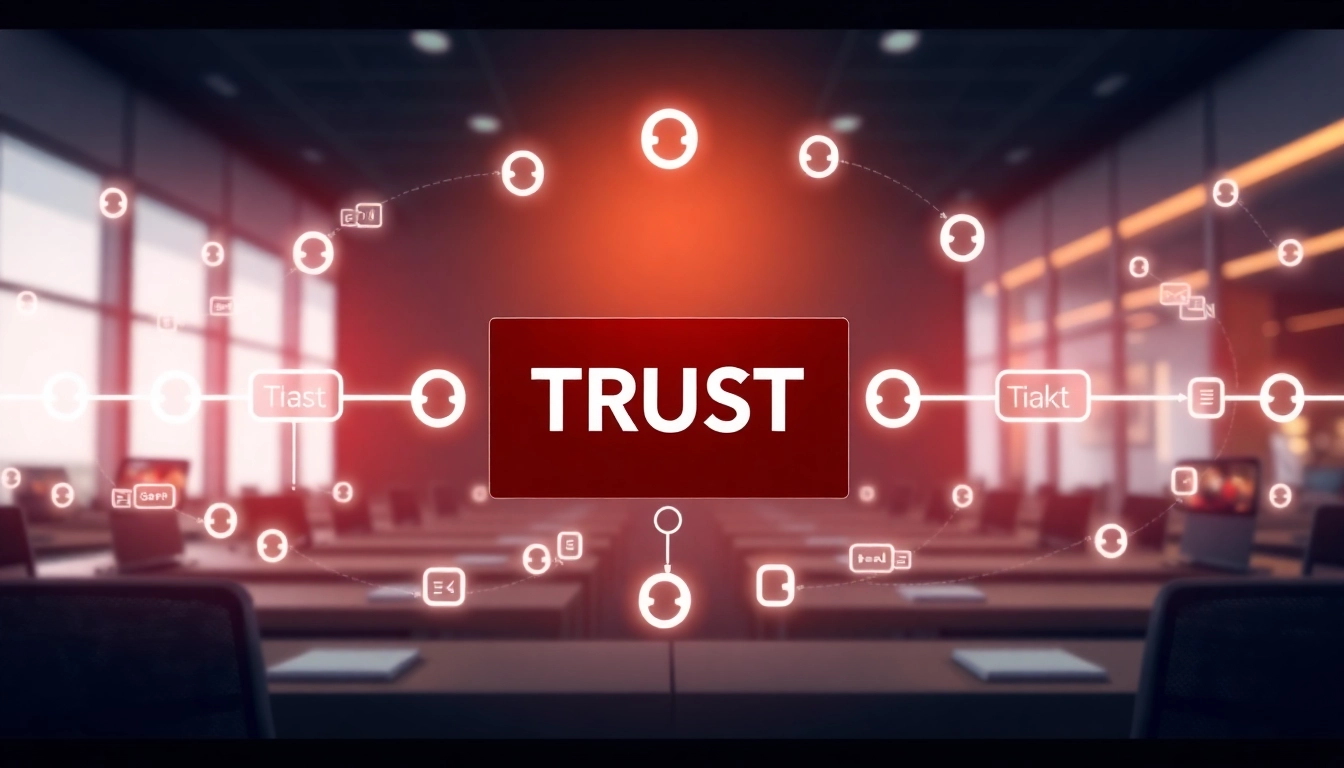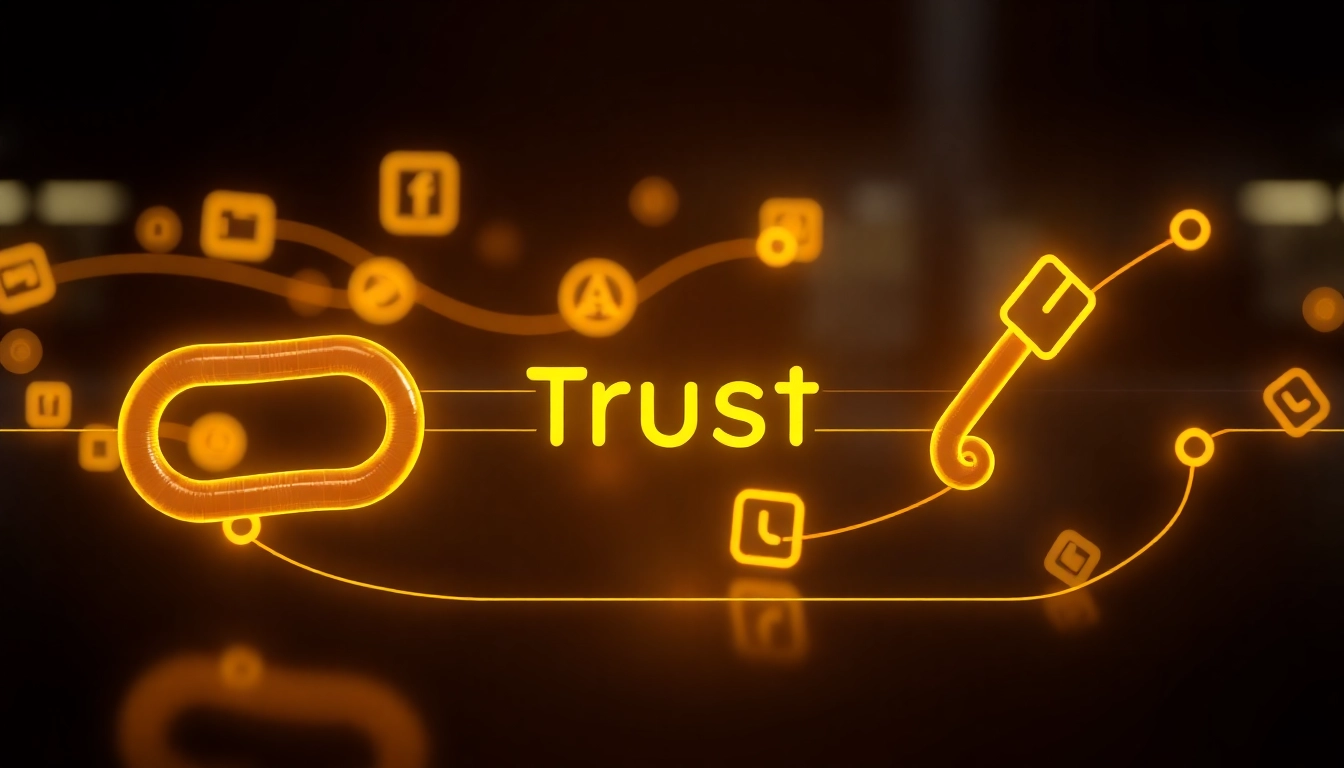
Understanding the Legal Process to Get a UK Driving License Without a Test
Navigating the UK’s licensing system can be complex, especially for newcomers or those considering shortcuts that seem appealing but are legally questionable. The idea of Buy Uk Driving Licence Without Test might appear as a quick route to obtaining your driving credentials. However, it’s crucial to understand the legal framework, eligibility criteria, and potential risks associated with attempting to acquire a license outside the official procedures. This comprehensive guide aims to clarify what’s legally available, the pitfalls to avoid, and the legitimate steps you can take toward securing your UK driving license.
Who Qualifies for Non-Test Licensing Options
Understanding Special Cases and International Agreements
The majority of drivers in the UK must pass both a theory and practical test to obtain a full driving license. Nevertheless, certain categories and circumstances allow for alternative licensing pathways. For example, individuals with existing licenses from specific countries may exchange their foreign licenses for a UK equivalent without additional testing, provided they meet eligibility criteria. These include drivers from countries with reciprocal licensing agreements, such as the European Union member states, or countries with those agreements in place.
Additionally, drivers affected by certain disabilities or medical conditions might qualify for specialized licenses, which sometimes involve different processes or exemptions. However, these do not eliminate testing altogether but may modify the licensing requirements to accommodate individual circumstances.
It’s important to recognize that these exceptions are strictly regulated and only apply to well-defined groups. Attempting to bypass testing through illegal means or falsifying documentation not only breaches laws but also endangers public safety.
Requirements for Exchanging Foreign Licenses in the UK
Official Procedures for License Exchange
If you hold a valid driver’s license from an eligible country, you may exchange it for a UK license without retaking the driving tests. The key requirements typically include demonstrating that your license is valid, providing proof of residence in the UK, and completing the necessary application forms.
The routine process involves submitting an application via the Driver and Vehicle Licensing Agency (DVLA). Generally, applicants must:
- Hold a full valid license from an eligible country.
- Be resident in the UK.
- Pass a vision test.
- Provide proof of identity and residence.
- Pay the current fee (around £43 as of 2024).
Once approved, the DVLA will issue a UK license in the applicant’s name, usually exchanging the previous license without any tests being necessary. This process is transparent, well-regulated, and designed to ensure safety and legal compliance.
Legal Pathways for Special Cases and Exceptions
Applying for Provisional and Full Licenses Legally
For most new drivers, the official route involves applying for a provisional license before taking lessons and passing tests. This process guarantees that drivers meet minimum standards, ensuring safety for all road users. The DVLA’s online system simplifies the application, with fees and documentation clearly specified.
Shortening the timeline is possible if you attend approved driving courses. These courses can sometimes expedite the licensing process or prepare you better for the tests, increasing your chances of passing on the first attempt.
For those already holding a license but seeking to accelerate their licensing, professional approved instructors can guide you through the necessary steps. The key is to follow legal processes — avoiding dubious offers or illegal shortcuts.
Risks and Red Flags When Considering Buying a License Without a Test
Common Scams and How to Recognize Them
The allure of obtaining a UK driving license without the hassle of passing tests has led to a proliferation of scams. Online advertisements and social media posts often promise genuine licenses in exchange for payment. However, these are typically fake, counterfeit, or illegally obtained documents. Recognizing scams involves scrutinizing the legitimacy of the sources:
- Offers claiming to bypass testing or verification.
- Too-good-to-be-true prices or guarantees.
- Requests for unusual payment methods, such as untraceable transfers.
- Suspicious websites lacking official contact details or credibility.
- Inconsistencies with official licensing procedures outlined by the DVLA or GOV.UK.
Always verify credentials with official government sources and avoid any transaction that suggests illegality.
Legal Consequences of Using Fake or Illicit Licenses
Engaging with illegal licensing schemes isn’t just risky—it can lead to severe legal penalties. Using a counterfeit license can result in criminal charges, fines, and even imprisonment. It also invalidates your insurance coverage, meaning any accident or violation could lead to hefty legal repercussions and financial liabilities.
Authorities actively prosecute individuals involved in the sale, purchase, or use of fake licenses. The UK legal system maintains strict policies to prevent fraudulent documentation from circulating on the roads.
Impact of Fake Licenses on Insurance and Driving Privileges
Insurance companies rely heavily on valid, government-issued licenses to determine coverage. Using a fake license renders your insurance null, exposing you to significant financial risks in case of an accident. Furthermore, if caught driving with forged documentation, you could face suspension, permanent disqualification, and criminal charges.
The best practice remains adhering to legal avenues for licensing, as the risks far outweigh any perceived convenience or cost savings.
Official Alternatives to Obtaining a UK License Quickly and Legally
Applying for a Provisional License via the DVLA
The most straightforward legal route is to apply for a provisional driving license through the DVLA. This process is accessible online, straightforward, and designed to ensure you meet all licensing standards. To do this:
- Visit the official GOV.UK page for provisional licenses.
- Fill out the application form, providing personal details and identity verification.
- Pay the applicable fee, currently £34 for online applications.
- Receive your provisional license in the mail within a few weeks.
With a provisional license, you can start learning with an approved instructor and prepare for the theory and practical exams.
Shortening the Process with Approved Driving Courses
Recognized driving schools and courses play a crucial role in accelerating your journey to a full license. Intensive courses offered by accredited providers can prepare candidates more efficiently, sometimes allowing for faster scheduling of tests and better preparation. Additionally, some packages include comprehensive training that increases the likelihood of passing on the first attempt.
Steps to Switch or Renew Your License Legally
Returning or updating an existing license is simple when following official channels. You can renew your license before expiration or exchange a foreign license by submitting the necessary documentation online or via mail. Regularly updating your license ensures continued compliance and access to driving privileges without interruption.
Insights from Authorities and Reliable Sources on Licensing Laws
What the DVLA and GOV.UK Say About License Eligibility
The official guidance emphasizes that driving licenses must be obtained through recognized and legal processes. The DVLA strictly prohibits the sale or use of fake licenses and warns the public against scams. Applying through official channels guarantees legal compliance and road safety.
According to GOV.UK, the licensing process involves clear steps—including passing an appropriate theory and practical test, unless qualifying under specific exemptions or bilateral agreements.
Recent Changes in Licensing Regulations and Requirements
In recent years, the UK has tightened licensing regulations, including the digitalization of records and more rigorous verification procedures. The government has focused on reducing fraud, ensuring only qualified drivers are permitted on the road, and improving safety standards.
Guidelines for International Drivers in the UK
International drivers can usually exchange their licenses without testing, provided they meet the criteria. Those intending to stay longer should consider applying for a UK license after their visa or residence is approved. It’s advisable to consult official resources for the most current regulations.
Best Practices for Safe and Legitimate Licensing in the UK
Choosing Accredited Driving Schools and Instructors
The importance of selecting reputable, authorized driving schools cannot be overstated. Accredited instructors adhere to industry standards, ensure you receive quality training, and help you navigate the licensing process smoothly. Verifying credentials and reading reviews are sensible steps before commencing lessons.
Understanding the Application and Testing Process
Preparation is key. Invest in thorough theory and practical training, use official study guides, and practice tests available from the DVSA. Successful completion of both tests confirms your competency and legal eligibility to drive without risk of penalties.
Maintaining and Updating Your License Properly
Once obtained, keep your license current by renewing it before expiry and updating any changes in personal details, medical conditions, or circumstances that could affect your driving status. This routine maintenance ensures ongoing compliance and legal driving privileges.







